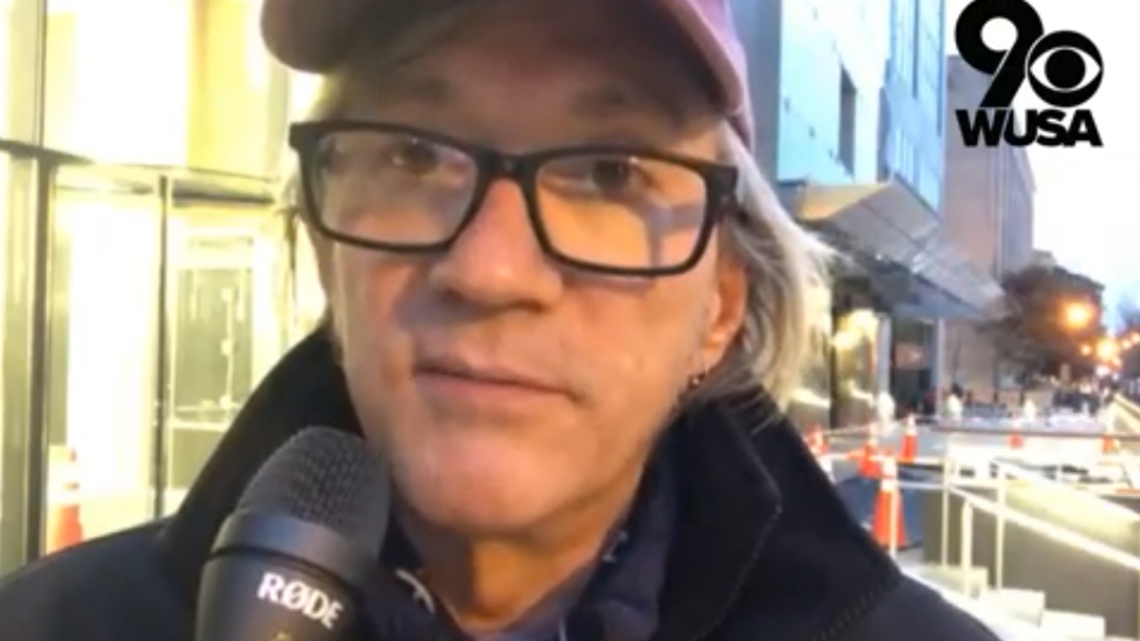The Black & Missing Foundation says amid the investigation into the Carlee Russell case, there’s more awareness on the alarming rate of missing Black people.
HYATTSVILLE, Md. — The case of missing nursing student Carlee Russell in Alabama garnered massive national and social media attention, a stark difference for many other incidents involving people of color.
Russell vanished after she reported to 911 about a toddler walking on the side of the highway. On Saturday, police in Hoover said she returned home on foot. Details on what happened to her are unclear, but a man who claimed to be her boyfriend wrote she fought for her life and could not elaborate on her kidnapper.
“We currently are investigating every possibility in this case and certainly not leaving anything off the table,” said Lt. Daniel Lowe of the Hoover Police Department.
Despite the ongoing investigation, the Black & Missing Foundation, which is based in Maryland, said the best possible outcome is her safe return. The organization helped spread the word on Russell.
“In this particular case, we were happy to see this case actually went viral,” said Black & Missing Foundation Co-Founder Derrica Wilson. “At the end of the day, this could have happened to anyone.”
The organization helps spread awareness on missing cases of people of color. Wilson said historically, there is a disparity in coverage when it comes to people of color.
Nearly 40% of missing persons are people of color, mainly African American, according to the group. Last year, Black children made up 39% of kids reported missing. In the latest Congressional Black Caucus Foundation report, 40% of sex trafficking victims identified as Black women.
Wilson said to better combat these types of cases and improve coverage, there needs to be a unified policy how to handle them across all law enforcement. She also suggests getting rid of the 24-hour waiting period and for newsrooms to create a system to help spread coverage amongst all races equally.
“We're not trying to dishonor any community, we're simply trying to even the playing field,” she added.
To celebrate 15 years of work in May, the organization started a billboard campaign in 16 cities including D.C.
Anyone can look up who is missing in their community by visiting bamfi.org.
.png)









 English (US) ·
English (US) ·